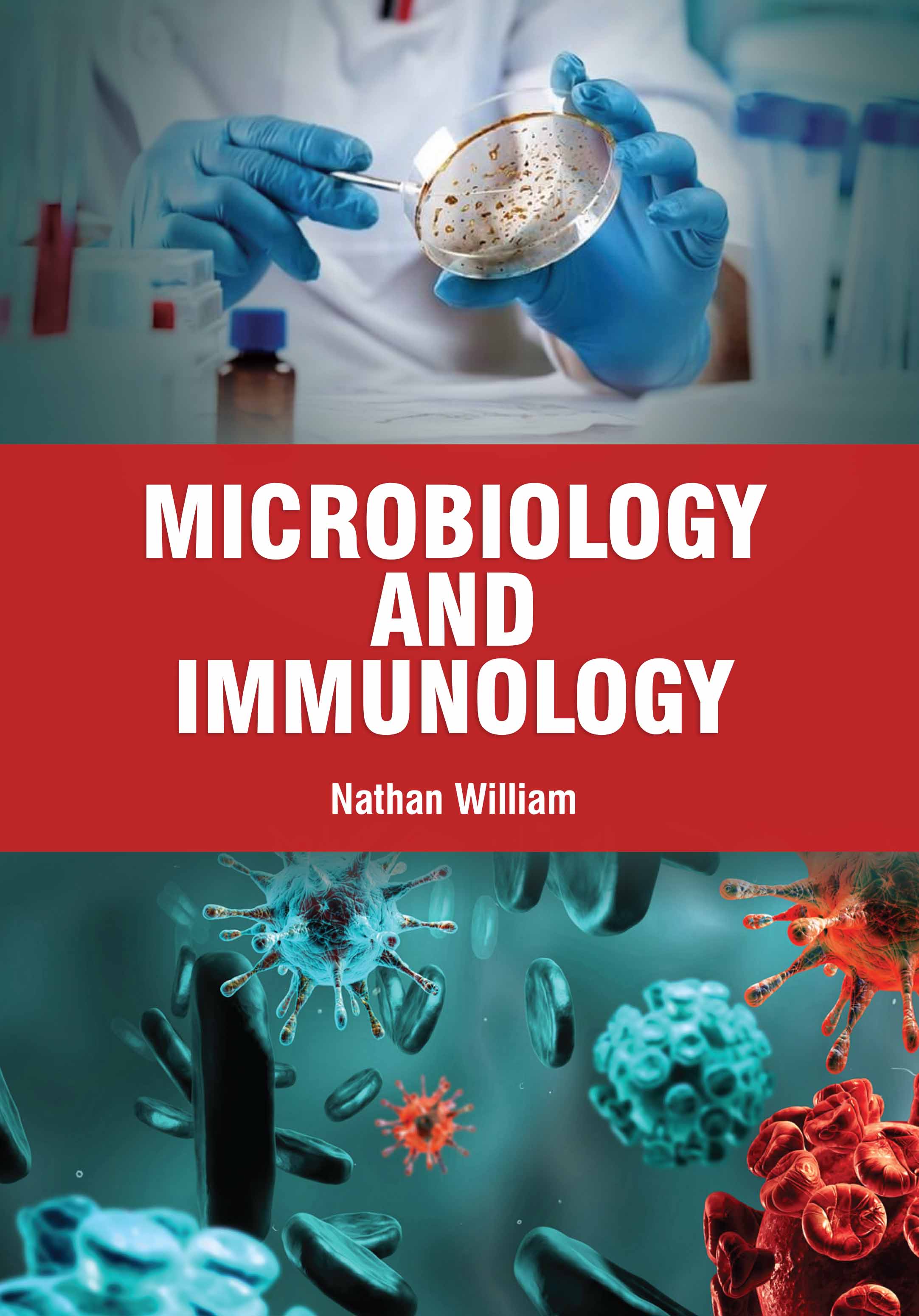About This Book
Clinical microbiology is a branch of microbiology that focuses on the study of microorganisms and their
roles in human health and disease. It plays a crucial role in diagnosing, treating, and preventing infections
caused by bacteria, viruses, fungi, and parasites. Clinical microbiologists use various laboratory
techniques to isolate, identify, and characterize pathogens from patient samples such as blood, urine,
sputum, and swabs. These tests are essential for determining the cause of an infection and selecting
appropriate treatments. Key areas of clinical microbiology include bacteriology, virology, mycology, and
parasitology. Bacteriology deals with bacterial infections, while virology focuses on viruses. Mycology is
concerned with fungal infections, and parasitology studies parasitic diseases. Advanced diagnostic
methods such as PCR (Polymerase Chain Reaction), immunoassays, and mass spectrometry have
revolutionized clinical microbiology, providing rapid and accurate results. The role of clinical
microbiologists extends beyond diagnosis. They also monitor antibiotic resistance patterns, provide
guidance on infection control practices, and collaborate with healthcare professionals to prevent
outbreaks. In addition, clinical microbiology research helps in the development of new diagnostic tools,
vaccines, and antimicrobial agents. Overall, clinical microbiology is essential for ensuring patient safety,
improving healthcare outcomes, and managing infectious diseases. Clinical Microbiology offers an indepth
exploration of the role microorganisms play in human health and disease. It covers diagnostic
techniques, pathogen identification, and treatment strategies to manage infections effectively.
Contents: 1. Microbial Pathogens and Human Infections, 2. Evolution of Bacteria, 3. Introduction to
Medical Mycology, 4. Microbial Diseases and Human Disorders, 5. Medical Parasitology in Public Health,
6. Clinical Mycoses and Fungal Infections, 7. Molecular Parasitology, 8. Cells in Autoimmune Disease.

